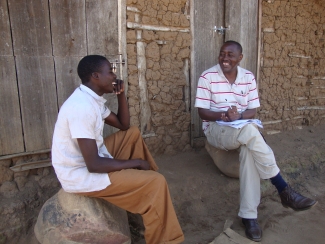Investigating the sensitivity of household food security to agriculture-related shocks and the implication of social and natural capital
This paper examines the impact of agriculture-related shocks on consumption patterns of rural farming households using 3 years of data from South Africa. We make two key observations.

